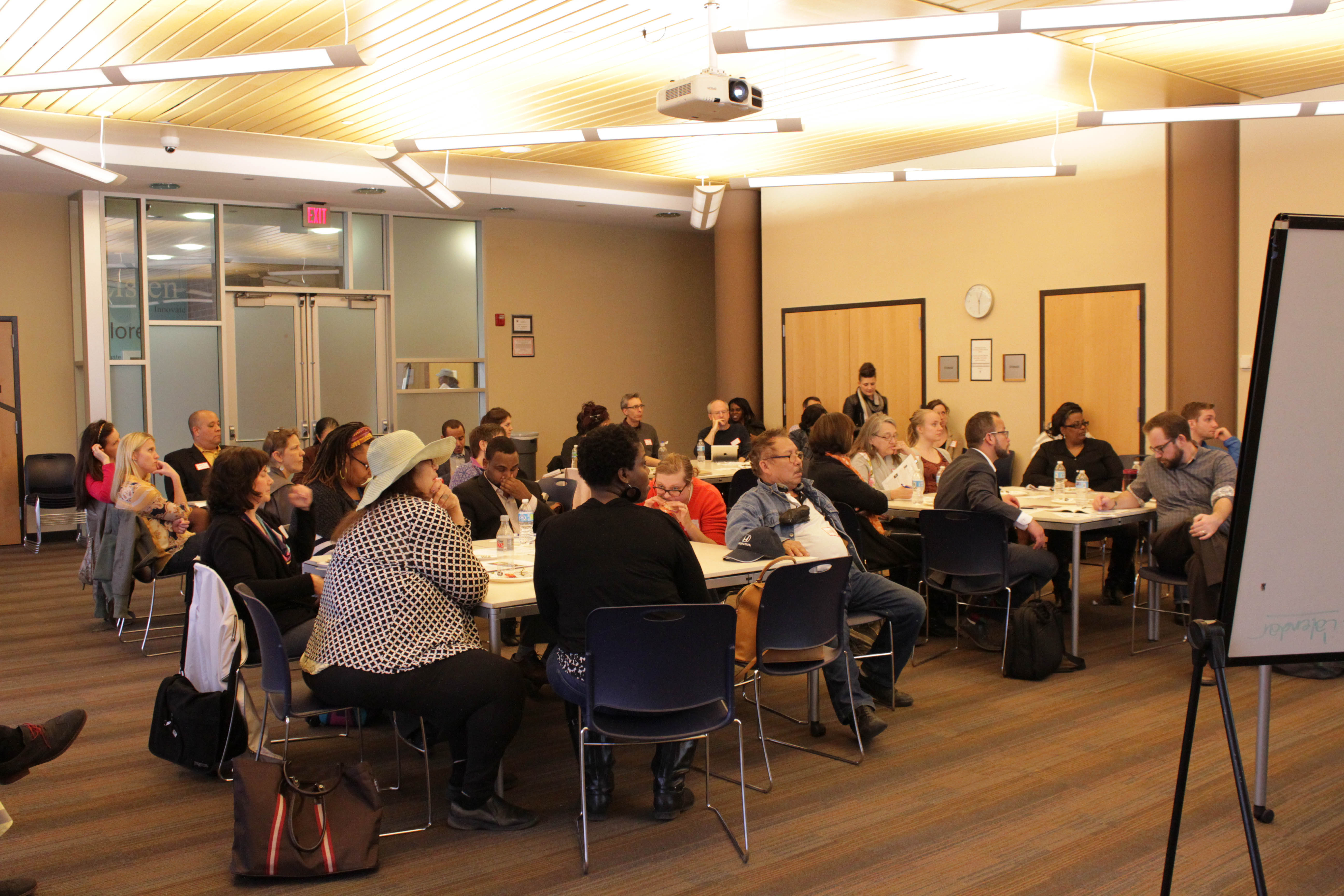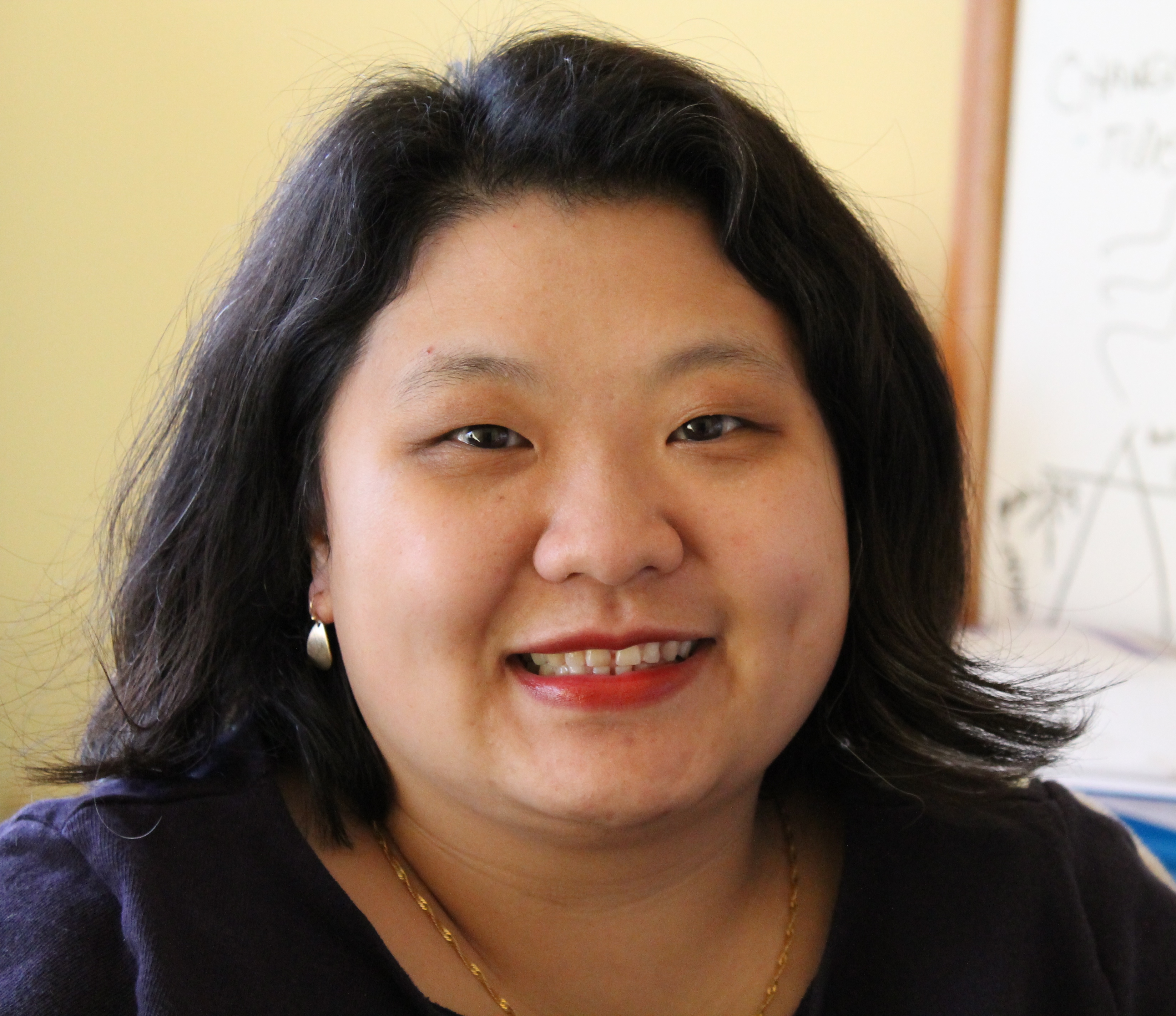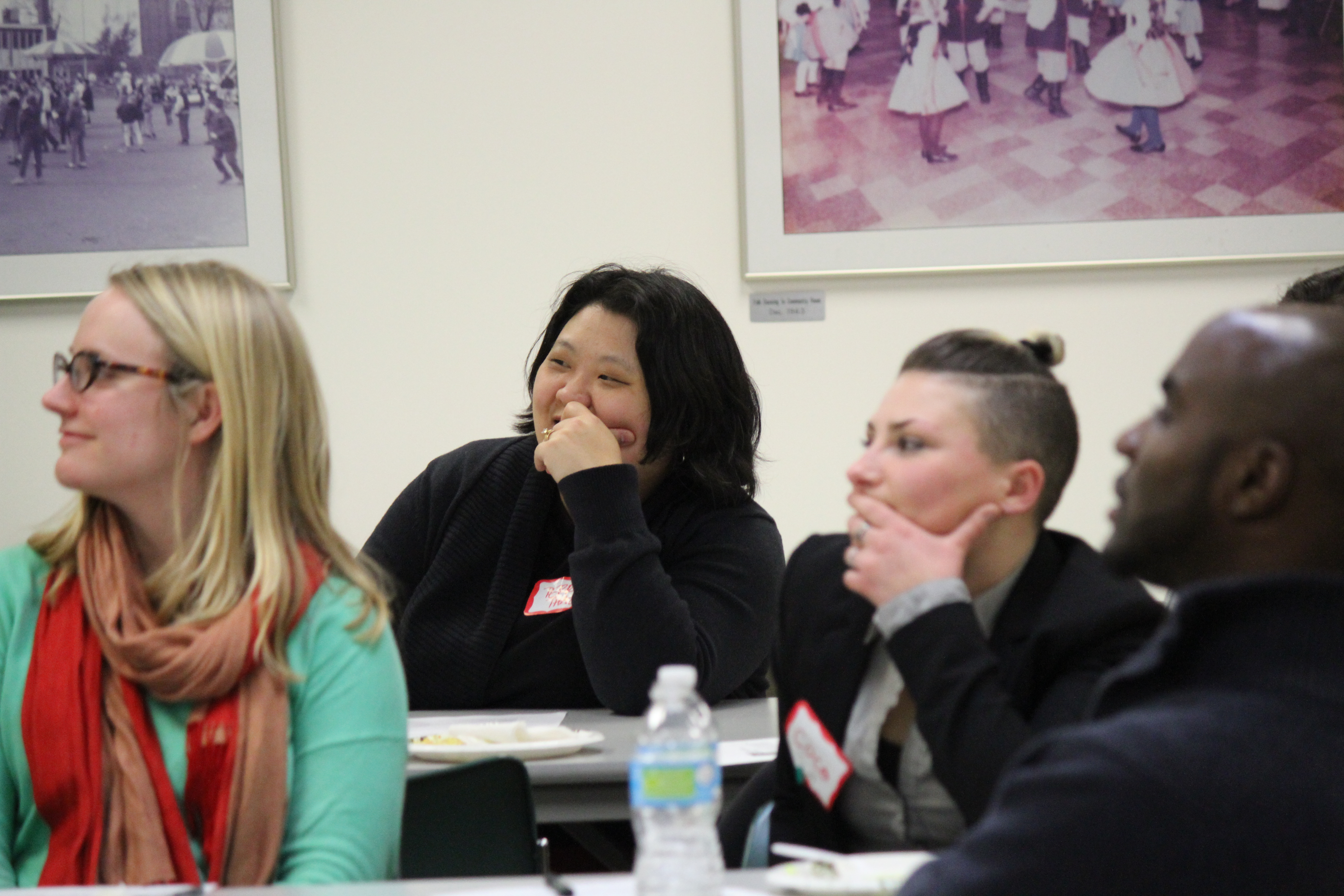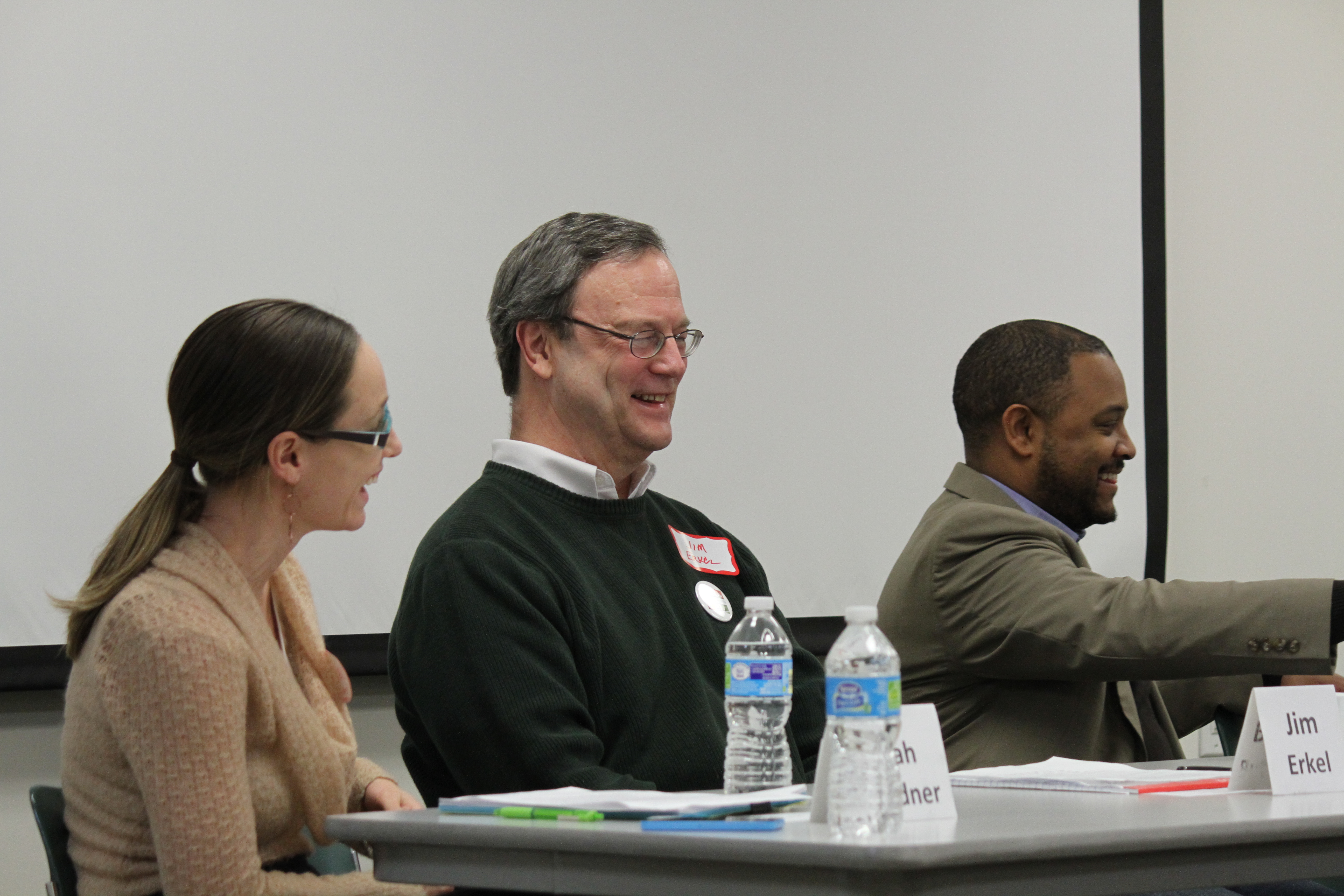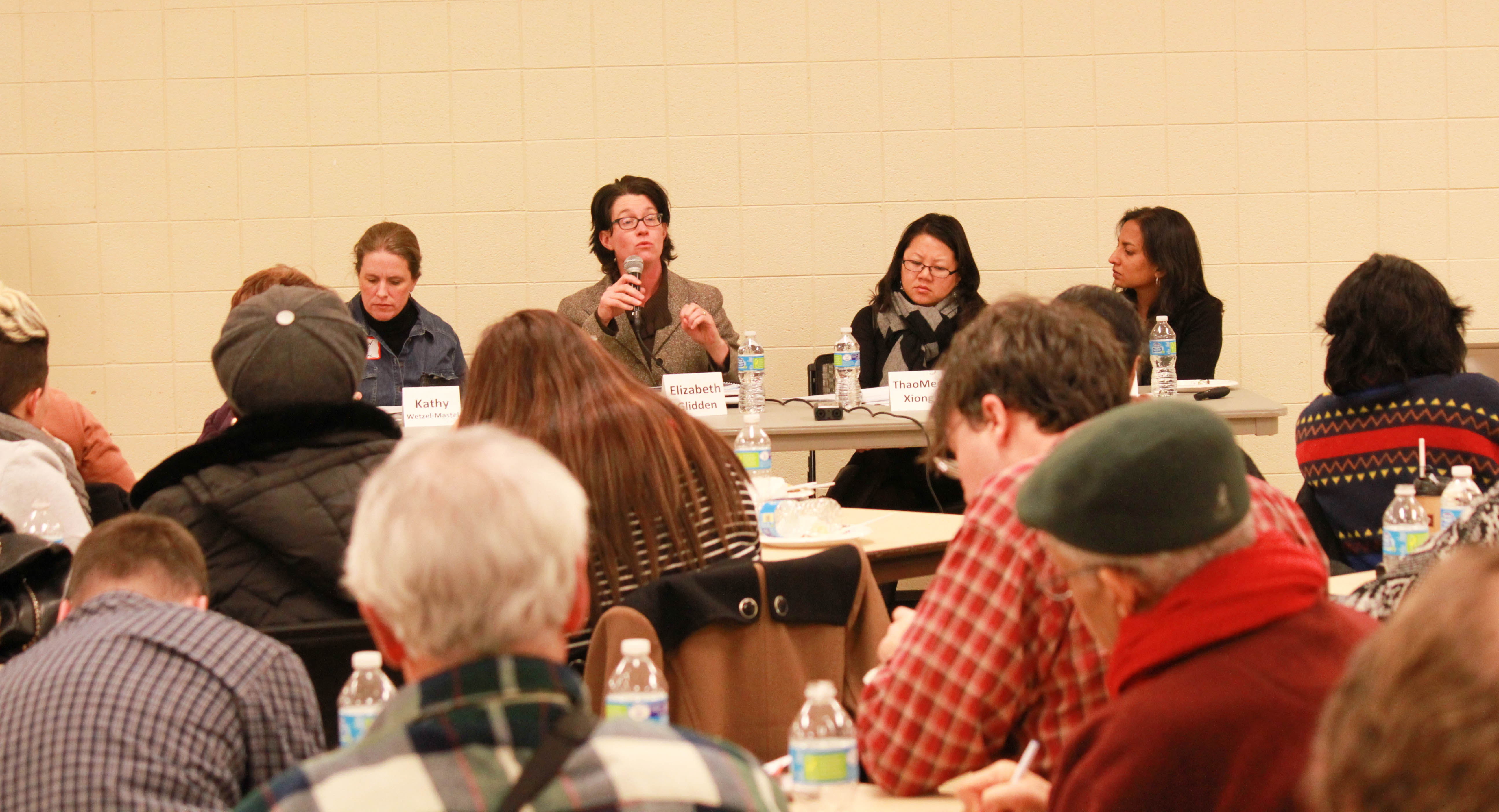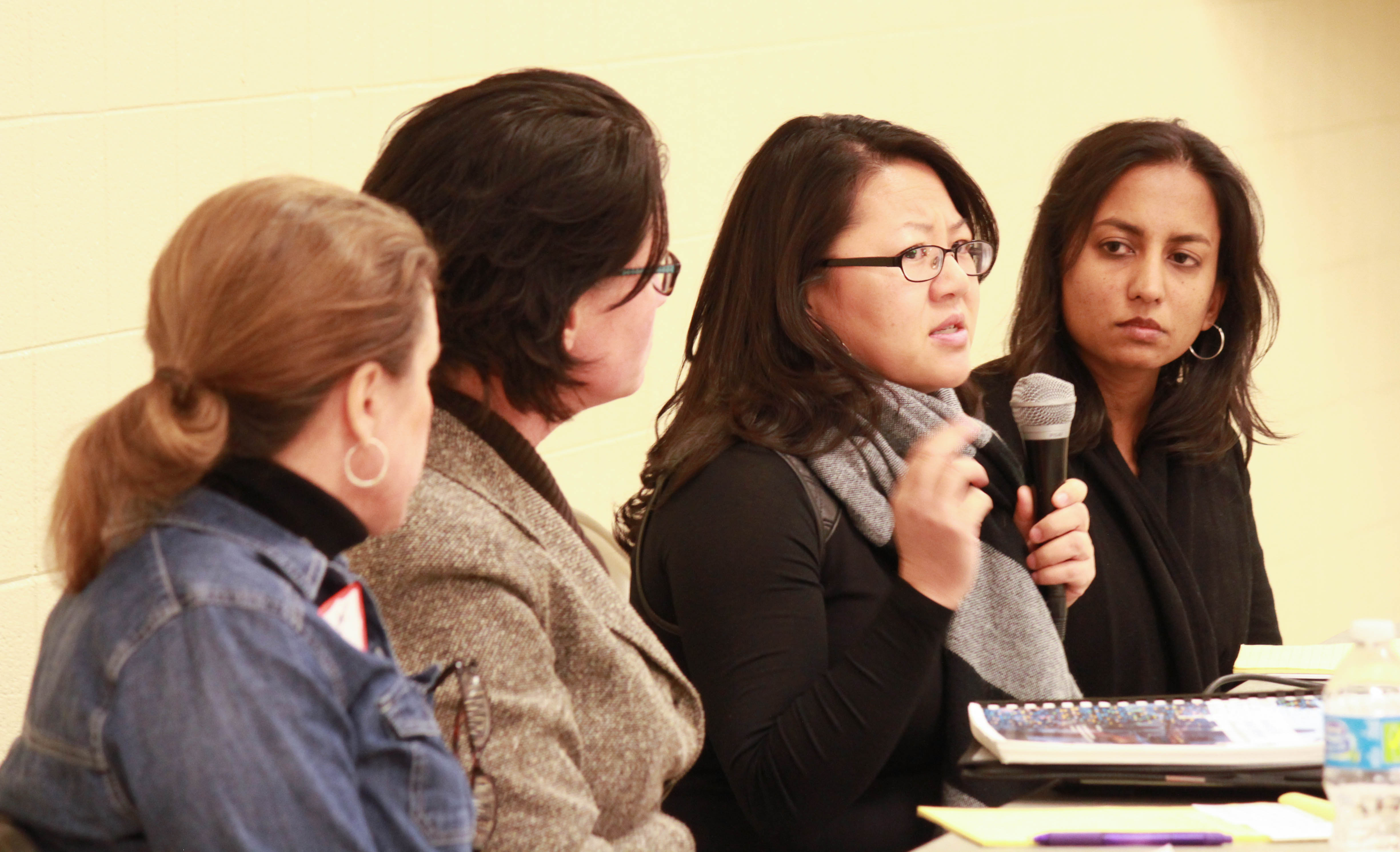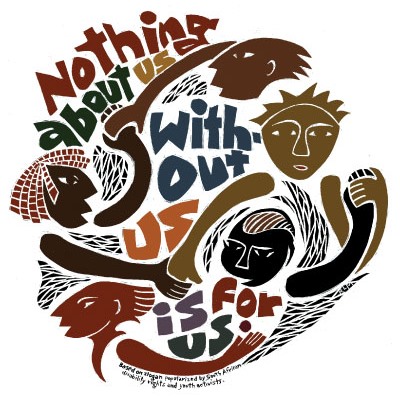Nexus Community Partners is proud to announce the graduation of the 2014-2015 Fellows of the Boards and Commissions Leadership Institute (BCLI)! On Thursday, April 9th at the International Institute of Minnesota, we honored our fourteen graduates for not only their completion of the BCLI, but also for their continued commitment and leadership in driving equity on policy-making bodies at the city and regional levels.
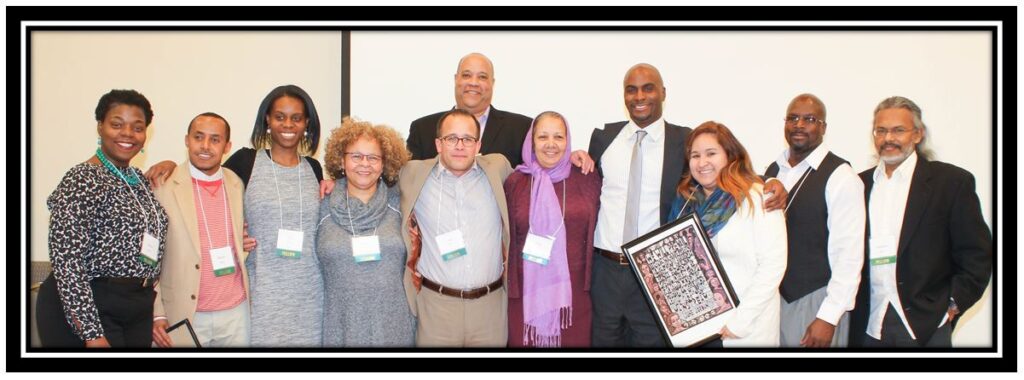
Check out the graduation photo gallery here.
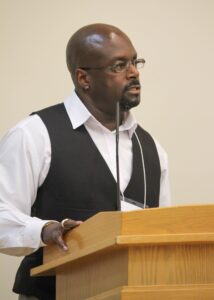 Nexus President and CEO Repa Mekha kicked off the evening by introducing and expanding on the graduation theme: “The task ahead of you is never as great as the power behind you,” (Ugandan proverb). After putting in seven months of work exploring equity issues and tools together, this cohort of fourteen has become a community, and it is from this community that collective vision, support and power will ensure their success as advocate commissioners. This message has fortified over these past seven months as a cohort, and now they begin their work individually, but never alone, on local boards and commissions – because sticks in a bundle are unbreakable (Kenyan proverb).
Nexus President and CEO Repa Mekha kicked off the evening by introducing and expanding on the graduation theme: “The task ahead of you is never as great as the power behind you,” (Ugandan proverb). After putting in seven months of work exploring equity issues and tools together, this cohort of fourteen has become a community, and it is from this community that collective vision, support and power will ensure their success as advocate commissioners. This message has fortified over these past seven months as a cohort, and now they begin their work individually, but never alone, on local boards and commissions – because sticks in a bundle are unbreakable (Kenyan proverb).
Check out this short video of the BCLI fellows’ year in review.
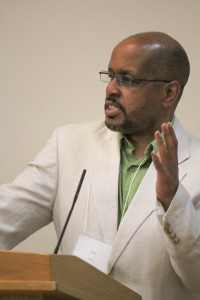 Keynote speaker Sam Grant, Systems Facilitator at Embody Deep Democracy, shared his words of wisdom with the graduates about the charge that awaits them as representatives of marginalized communities on local boards and commissions:
Keynote speaker Sam Grant, Systems Facilitator at Embody Deep Democracy, shared his words of wisdom with the graduates about the charge that awaits them as representatives of marginalized communities on local boards and commissions:
All of us as human beings have to be on a healing journey. First, you have to do the work on yourself. Second, you have to be a systems facilitator.
Being a systems facilitator is not about being the representative – it’s about shifting the paradigm. How can you as a facilitator of justice shift the space and culture of boards and commissions?
Representation can only account for a sliver of the truth – how can you be a source of truth? Always facilitate truth-sharing and truth-telling. Set up your board or commission on a story-listening session.
With these deep considerations in mind, three graduates stepped up to the microphone to share their experiences as BCLI fellows, and what it means to them in their systems work moving forward.
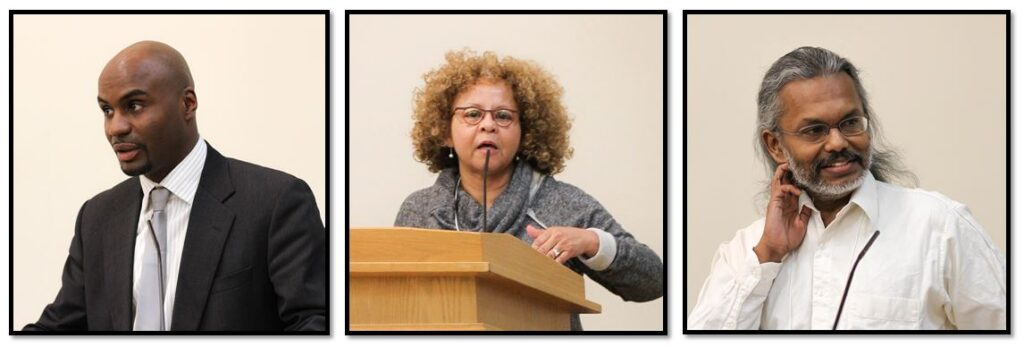
Jamez Staples shared his experience in the program building relationships, adding additional knowledge (even on subjects he was fairly familiar with) and his recent placement on the City of Minneapolis’ Clean Energy Partnership’s Energy Vision Advisory Committee (EVAC).
I found out about the Energy Vision Advisory Committee through one of our [BCLI Issue Series]. The EVAC is an advisory committee that makes recommendations to the Clean Energy Partnership (CEP)…a White House recognized partnership between the City of Minneapolis and the investor-owned CenterPoint and Xcel focused around the issue of mitigating climate change.
I seek to wear both hats when at that table of a business person, but also as a concerned citizen. As a citizen that seeks economic justice, I seek to be that voice at the table that asks the hard questions like, how is solar going to affect those that cannot afford to go purchase solar? As a business person, will there be any minority contracting and employment inclusion for projects that utilize public dollars?
Yolonde Adams-Lee used a powerful analogy comparing the BCLI community and the equity work of its graduates to farmers and tillers of soil and land.
As an African American and Native American woman, the land is very important to us. If BCLI is the seed, the soil is the investment and commitment of our community. We fellows are the plow, and we are planting in uncommon ground at these boards and commissions.
The last thing my sister said to me was, “Don’t drop the baton.” We have the drive to not drop the baton – we were born for this.
Sharing about his recent interview for the Metropolitan Parks and Open Space Commission with the Metropolitan Council, Chamath Perera said:
One question put to me by a Met Council member was, I felt, particularly important. He asked what was required beyond the recommendations of the plan. I did not see that question coming. I paused for a moment, I did not know what to say, really, and then I felt this shift and sense of power within, as I said, “You need to appoint people of color to commissions such as this.” That subtle shift, that sense of power within, I think was a moment I made myself visible and found my equity voice. And you my BCLI community made it possible.
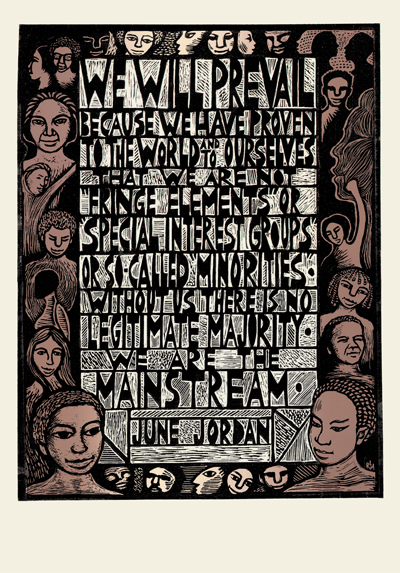 The graduates were gifted a Certificate of Achievement, as well as a signed copy of local activist and artist Ricardo Levins Morales’ work titled We are the Mainstream that included a June Jordan quote: “We will prevail because we have proven to the world and to ourselves that we are not ‘fringe elements’ or ‘special interest groups’ or so-called ‘minorities.’ Without us there is no legitimate majority. We are the mainstream.”
The graduates were gifted a Certificate of Achievement, as well as a signed copy of local activist and artist Ricardo Levins Morales’ work titled We are the Mainstream that included a June Jordan quote: “We will prevail because we have proven to the world and to ourselves that we are not ‘fringe elements’ or ‘special interest groups’ or so-called ‘minorities.’ Without us there is no legitimate majority. We are the mainstream.”
The BCLI has prepared these leaders to serve as the next generation of appointed officials who are representative of, and accountable to, the region’s communities of color and other underrepresented populations. Together these graduates join the inaugural twelve BCLI alumni as the strength of the equity movement continues to grow and shift, and the power behind each advocate commissioner expands beyond their individual representation to a truth-telling voice of the communities from which they are rooted.
THANK YOU to the entire BCLI community for the power and support you bring to these individuals and to the movement – and a special thank you to our funders, knowledge partners, training facilitators, guest speakers, Issue Series panelists, evaluators, nominators, fellows, alumni and selection committee members! Thank you all for your amazing work and commitment, and for helping with the continued development and implementation of this program! We couldn’t do this without you!
Keep an eye out for these upcoming 2015-2016 important dates! For more information about the BCLI, contact the program coordinator, Ms. Angie Brown, at abrown@nexuscp.org, or the program director, Ms. Terri Thao, at tthao@nexuscp.org.
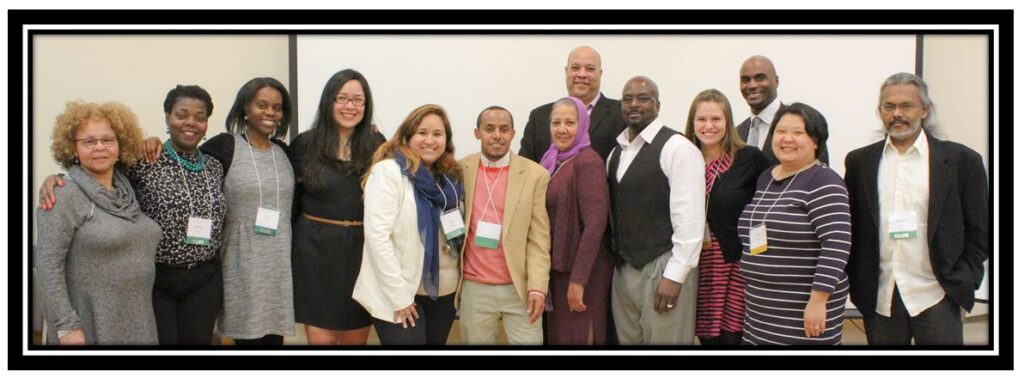
“Significant social change comes from the bottom up, from an aroused opinion that forces our ruling institutions to do the right thing.”
Senator Paul Wellstone 1944-2002
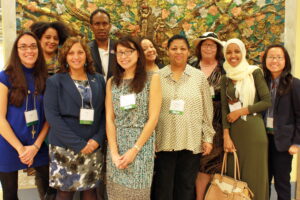







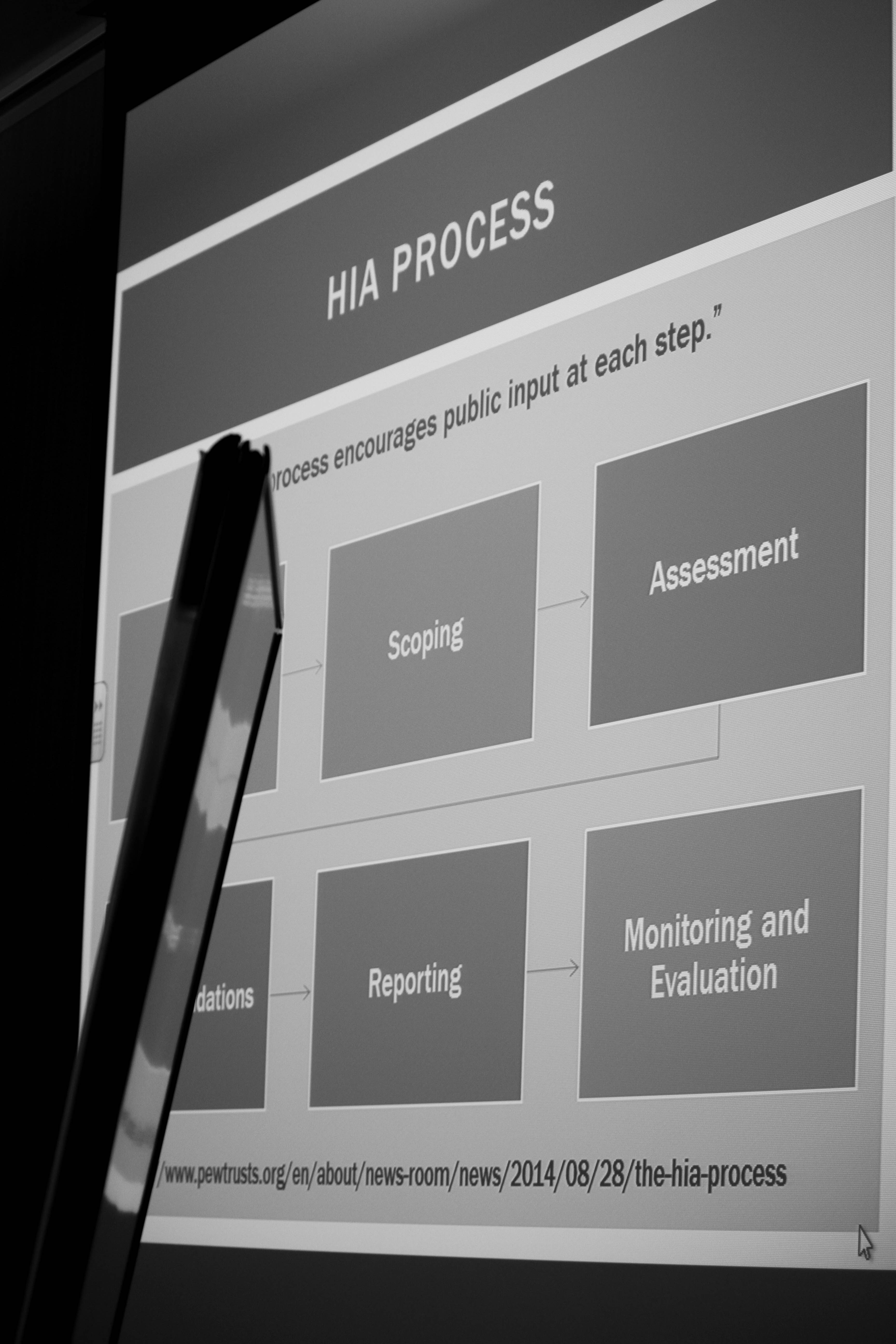 The
The 